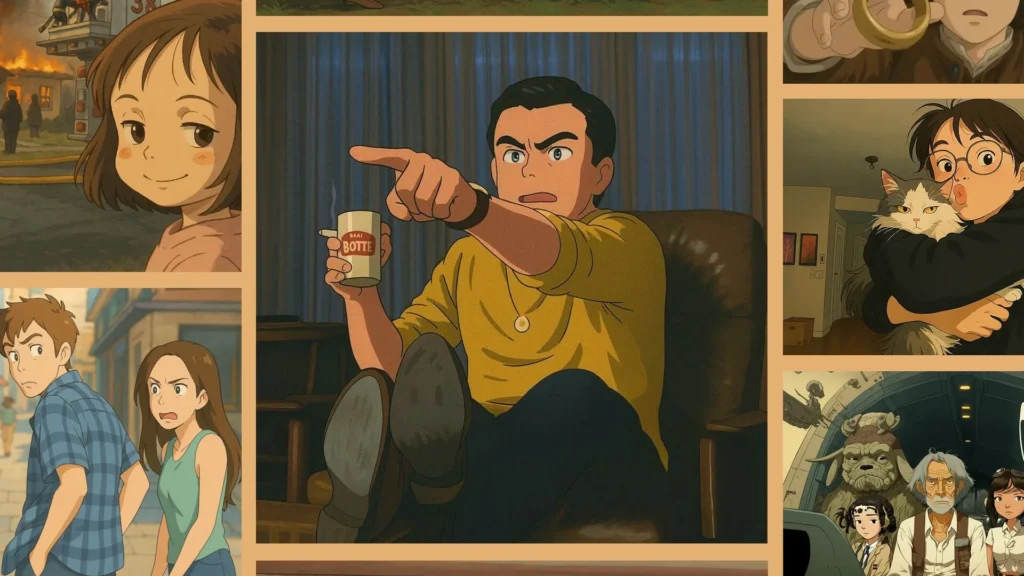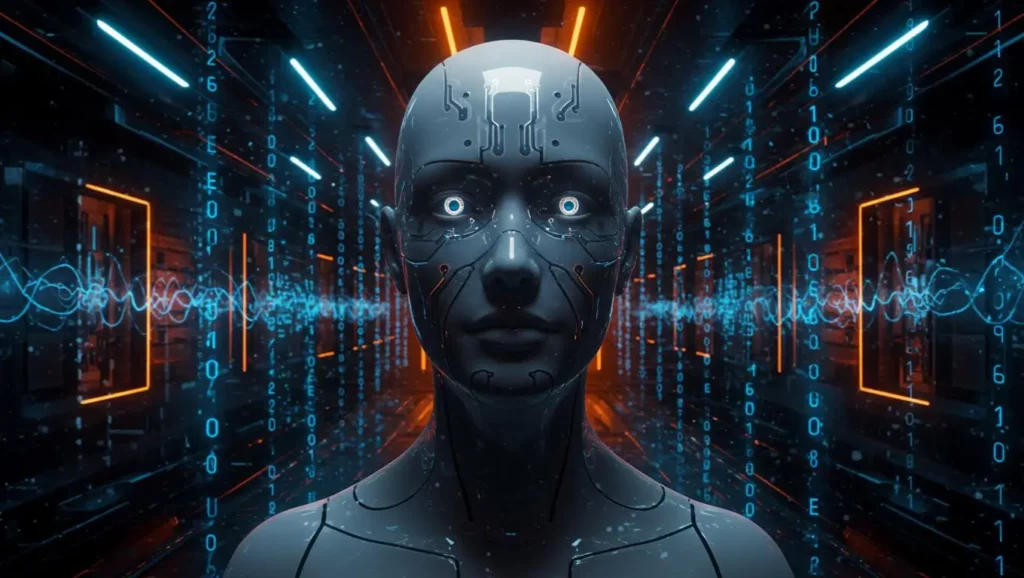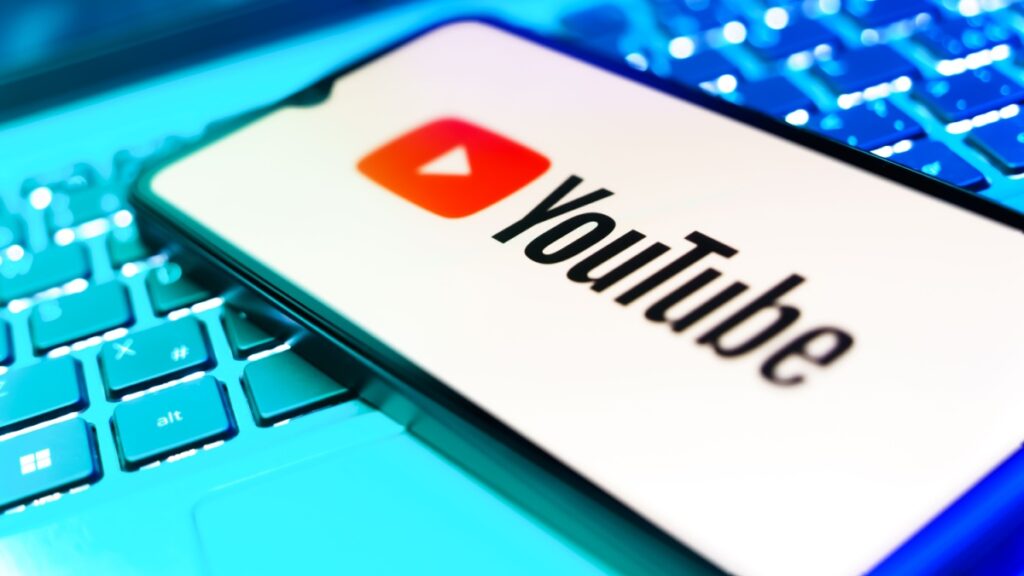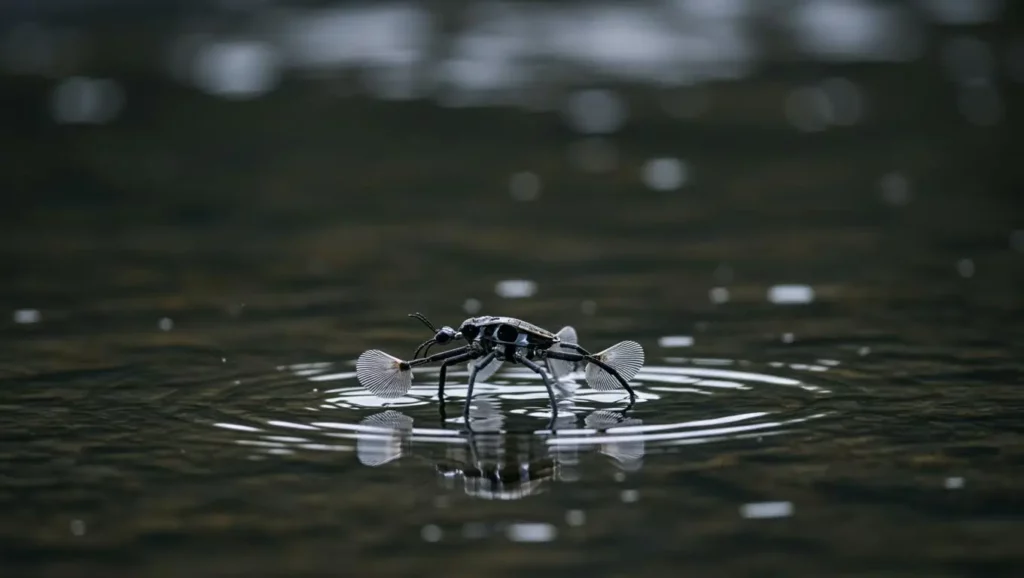Studio Ghibli and Square Enix ask OpenAI to stop training Sora 2
A new battle has emerged between the Japanese cultural industry and the American artificial intelligence giant, particularly regarding Sora 2. A collective of Japanese publishers and studios, led by Studio Ghibli and represented by the Content Overseas Distribution Association (CODA), has sent an official letter to OpenAI requesting an immediate halt to the use of their copyrighted works for training AI models, notably the upcoming video generator Sora 2.
According to TechCrunch, the signatories accuse OpenAI of exploiting a legal gray area in Japanese copyright law to utilize cultural content — including anime, video games, manga, and films — without permission or compensation.
A response led by Studio Ghibli, Bandai Namco, and Square Enix against Sora
The letter, sent last week, expresses growing concern: “We request that OpenAI cease all use of protected works in its training data sets,” states the declaration provided by CODA.
The collective includes Studio Ghibli, Bandai Namco, Square Enix, Kadokawa, and other major players in the Japanese entertainment industry. All members condemn the extensive training of AI using content from iconic franchises (animated films, music, game designs) without prior consent.
This request comes on the heels of a controversy surrounding AI-generated images mimicking Ghibli’s style, which sparked significant conversation on social media earlier this year.
The ambiguity of Japanese copyright law in the face of AI
The conflict stems from a 2018 reform in Japanese copyright law that permits the use of protected works for research and machine learning, provided the use is non-commercial.
However, this legislation has created a legal loophole. Foreign companies like OpenAI can exploit this data without compensation, while local creators have no clear recourse to prevent the commercial use of their derivative works.
Discussions on the r/COPYRIGHT forum have recently highlighted this imbalance, which many Japanese creators consider “deeply unfair.”
OpenAI accused of acting “without permission, but with forgiveness”
According to Futurism, OpenAI’s strategy is characterized as “forgiveness over permission” — seeking forgiveness after the fact rather than obtaining consent beforehand. This model, which has previously drawn criticism in the U.S. from authors, musicians, and media companies, faces an unprecedented international context here.
Intellectual property expert Rob Rosenberg emphasizes that the replication of Ghibli’s style in AI productions serves as tangible evidence of infringement on artists’ moral rights, despite the complexities of litigation under Japanese law.
“This is not just a matter of copyright, but also of cultural respect,” he insists.
Repercussions that go beyond Japan
This confrontation illustrates a global movement of resistance against the insatiable appetite of AIs for cultural data. Western creators — including writers, publishers, and photographers — have initiated similar legal actions against OpenAI and other firms like Stability AI and Midjourney.
However, CODA’s initiative could set an international precedent, prompting AI companies to negotiate cross-border licensing agreements.
What’s next?
OpenAI has yet to publicly respond to the Japanese group’s request. However, according to TechCrunch, internal discussions are reportedly underway regarding a paid licensing system for culturally sourced content. This case, dubbed the “Ghibli moment” for AI by some analysts, could accelerate the creation of a global legal framework for training data.
The opposition from Studio Ghibli and Japan’s gaming giants to OpenAI marks a significant turning point in the relationship between artistic creation and artificial intelligence.
If AI models like Sora 2 continue to rely on content without clear regulations, the question of who owns creativity could redefine the balance between technological innovation and cultural heritage.
Japan, the birthplace of modern animation, may very well become the stage for the first major global copyright trial in the AI era.




